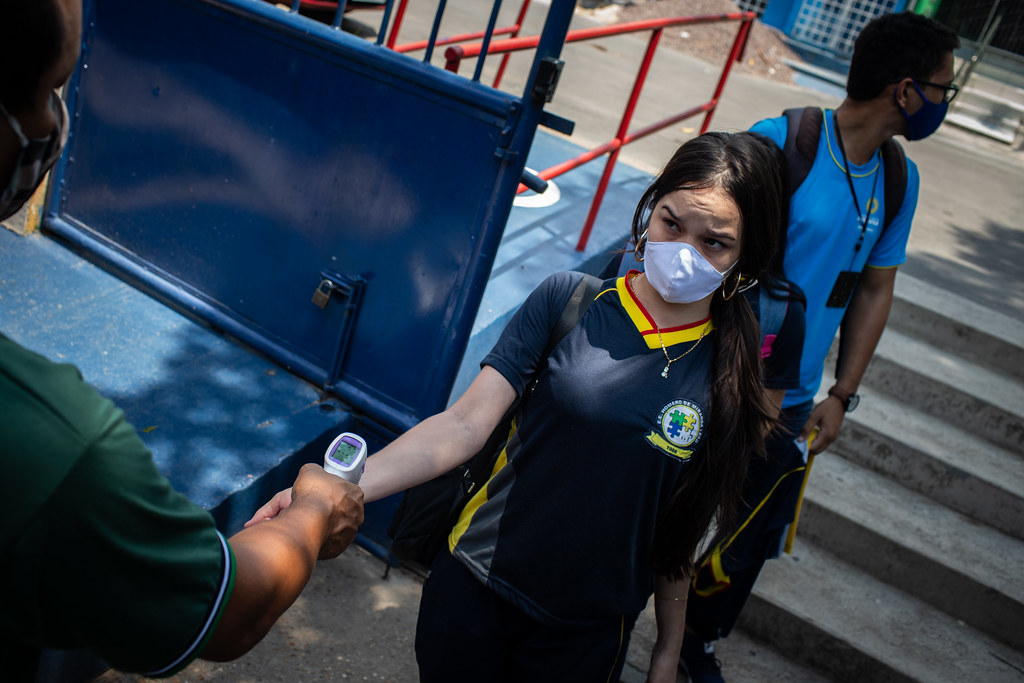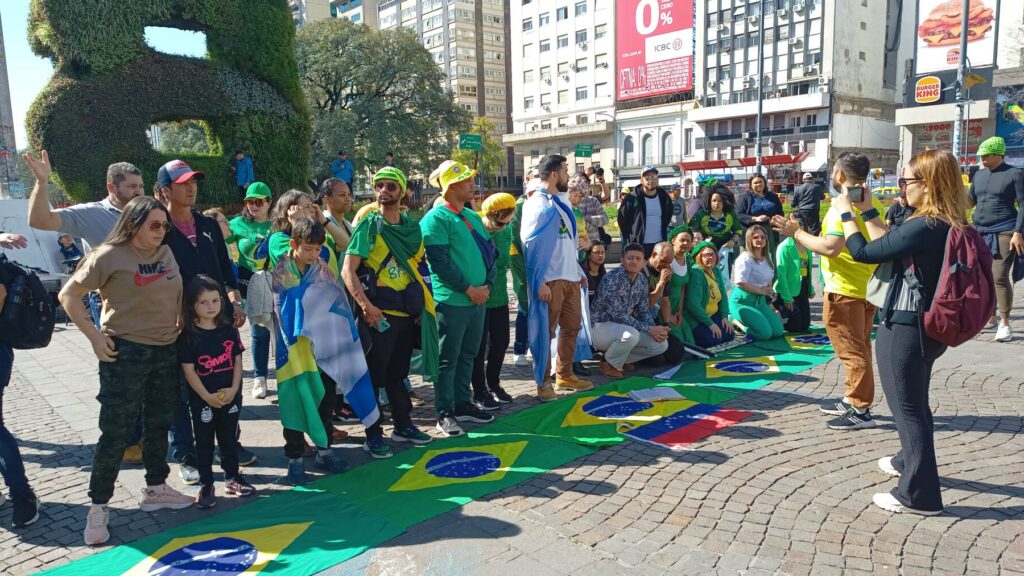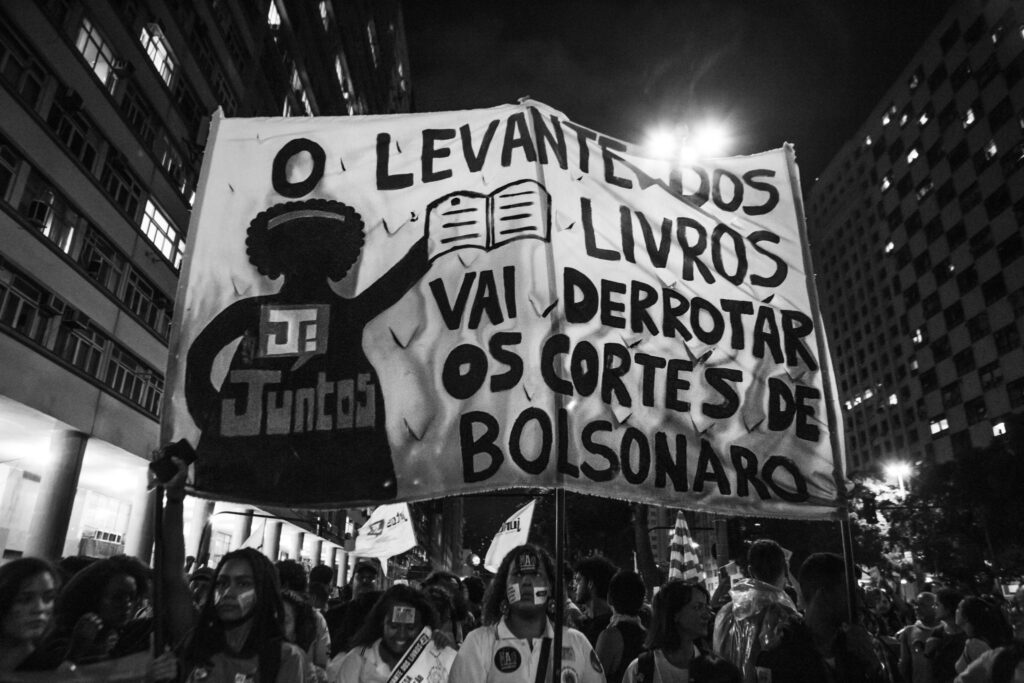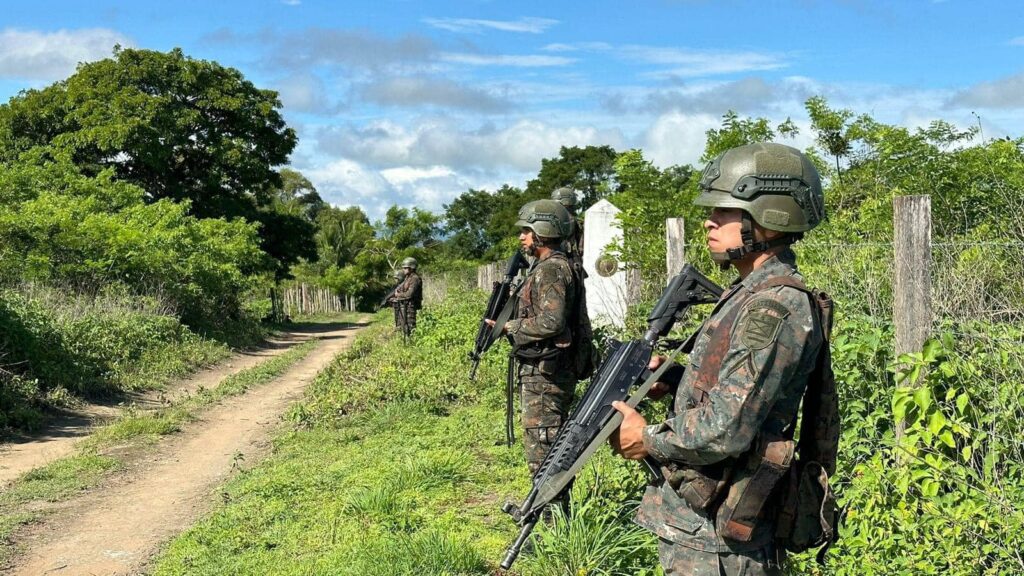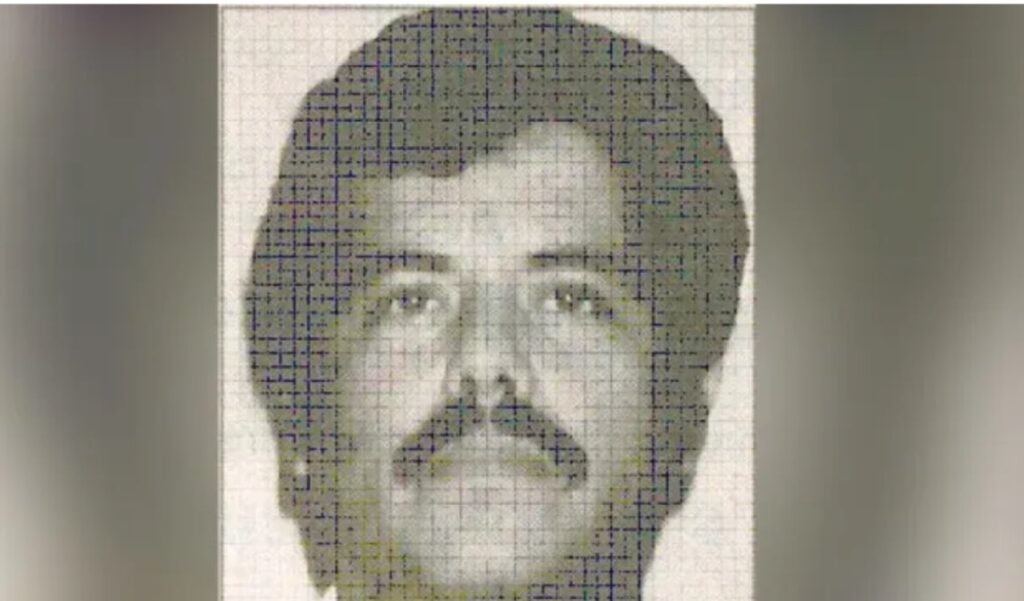The COVID-19 variant found prevalently throughout the Amazon region could be three times more contagious than the normal strain, Brazil’s health minister said Thursday.
The variant has been found in about half of the coronavirus cases reported in Brazil’s Amazonian capital of Manaus. That same city saw numerous hospitals run low on oxygen supplies recently.
The country’s health minister, Eduardo Pazuello, said that he believes the vaccines currently available are effective against the strain being found in the Amazon. Both the United Kingdom’s AstraZeneca and the Chinese Sinovac vaccines are approved and being rolled out in the country.
“Thankfully we had direct news from the analysis that the vaccines still have an effect against this variant,” Pazuello said. “But it is more contagious. By our analysis, it is three times more contagious.”
Nearly a quarter of Brazilians have said that they do not plan on taking the vaccine when it becomes available to them, echoing the words of President Jair Bolsonaro, who said he will refuse a shot. Bolsonaro said a few months ago that the vaccine turns people into crocodiles.
This problem is especially glaring for the many indigenous tribes that call the Amazon home, as evangelical missionaries working with some of the groups are telling them to not take the vaccine.
When a chief of the Nôke Kôi tribe died in January of heart issues, misinformation spread on social media claiming that he died after receiving the vaccine.
International researchers have previously said they are worried that the new strain found in Brazil shows characteristics that may make it more likely to reinfect people who have already had COVID-19. And despite Pazuello’s claim that the current vaccines will work against the Amazonian variant, it is unclear whether or not there exists enough evidence to know one way or the other.
“This spike protein is found on the surface of the virus and binds to receptors in human cells,” Brazilian researcher Esther Sabino said. “Mutations in this region, in general, can alter the behavior of viruses, increasing their transmissibility.”
More than 7,000 people in Brazil’s Amazonas region have died from COVID-19 and nearly 240,000 people have died throughout the entire country.


